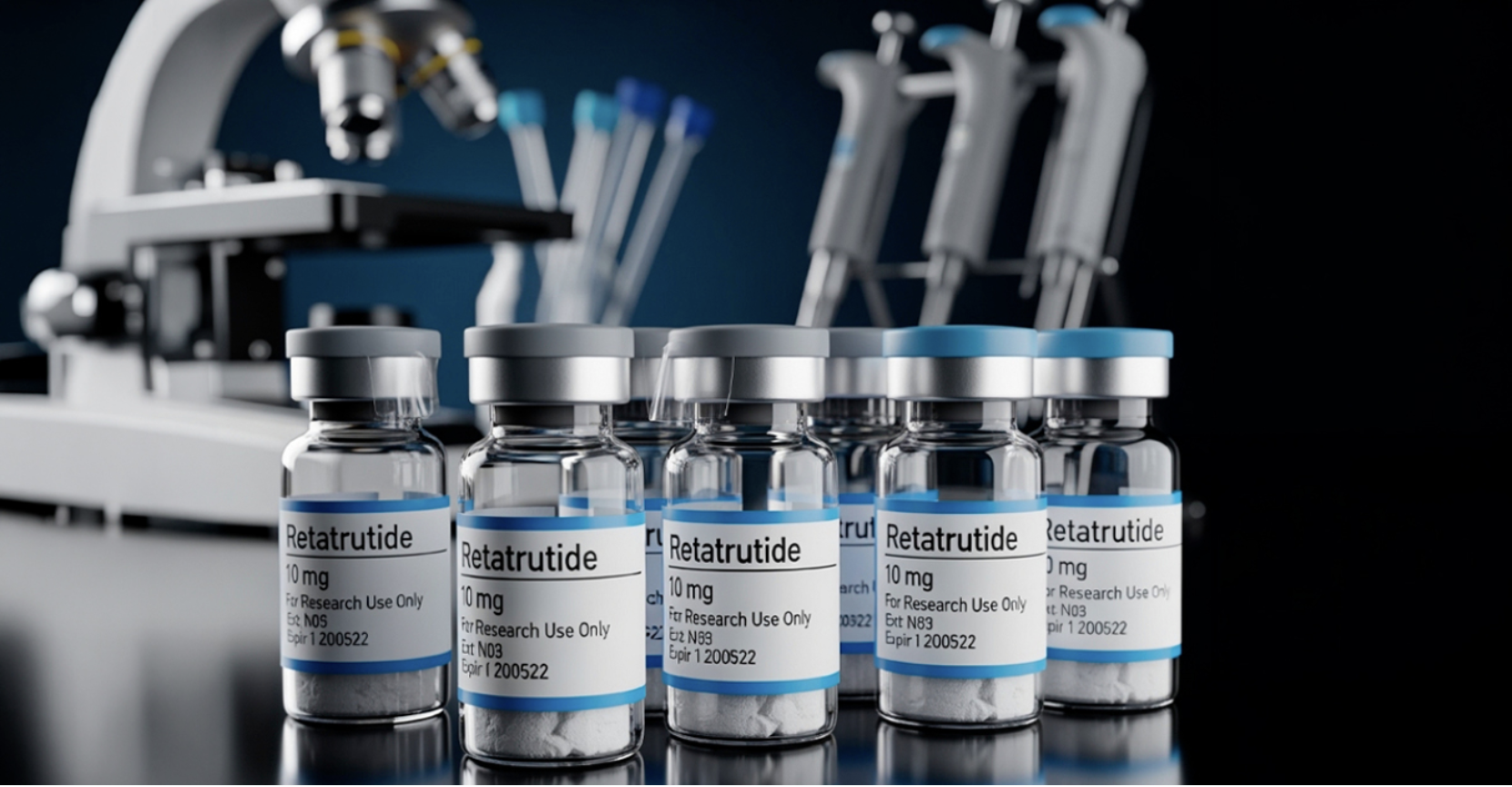The inclusion of nuts in a regular diet significantly improves the quality and function of human sperm, according to results of a randomised trial which measured conventional semen parameters and molecular changes over a 14-week study period. The findings, say the investigators, “support a beneficial role for chronic nut consumption in sperm quality” and reflect a research need for further male-specific dietary recommendations.
The results of the study are presented today by Dr Albert Salas-Huetos from the Human Nutrition Unit of the Universitat Rovira i Virgil in Reus, Spain.(1)
The study was performed, he said, against a background of general decline in quantity and quality of human sperm, attributed in industrialised countries to “pollution, smoking, and trends toward a western-style diet.” (2) In this study subjects randomised to the nut group had significant improvements in their sperm count, vitality, motility and morphology (shape); these were consistent with improvements found in other recent studies with diets rich in omega-3, antioxidants (eg, vitamin C and E, selenium and zinc), and folate. Nuts are dense foods containing many of these nutrients and other phytochemicals.
The study was a 14-week randomised clinical trial in which 119 healthy young men aged 18-35 were allocated to either their usual western-style diet supplemented with 60 grams/day of mixed almonds, hazelnuts and walnuts, or their usual western-style diet without nuts. In its analysis the study recorded not just sperm parameters (according to WHO benchmarks) but also changes in several molecular factors, including sperm DNA fragmentation.(3) Sperm and blood samples were analysed at baseline and after 14 weeks of intervention.
Results firstly found significantly higher levels of sperm count, vitality, motility and morphology in the men randomised to the 60 g/day nut diet than in those following their usual diets free of nuts. Improvements in the former group were by around 16% in sperm count, 4% in sperm vitality, 6% in sperm motility, and 1% in morphology. These four parameters, explained Salas-Huetos, are all associated with male fertility. Moreover, the subjects in the nut group also showed a significant reduction in their levels of sperm DNA fragmentation, a parameter closely associated with male infertility. Indeed, it was this change in the level of DNA fragmentation in the sperm cells by which the investigators explained, at least in part, the improvement in sperm count, motility and morphology.
read more at sciencedaily.com
Ask me anything
Explore related questions





